Like the previous campaign, the 2022/2023 citrus campaign in Seville was developed with a significant water deficit. The season in this province, as everyone who lives there knows, was warmer than usual.
According to the official harvest estimate, Seville is expected to account for 42.6% of Andalusia's sweet orange production this season; however, this estimate also forecast last September that there would once again be a reduction in production. Harvest forecasts for the 2022/23 season already predicted a 38.5% contraction over the previous season, and in the 2023/24 campaign production is expected to decline by 20.8% over last season.
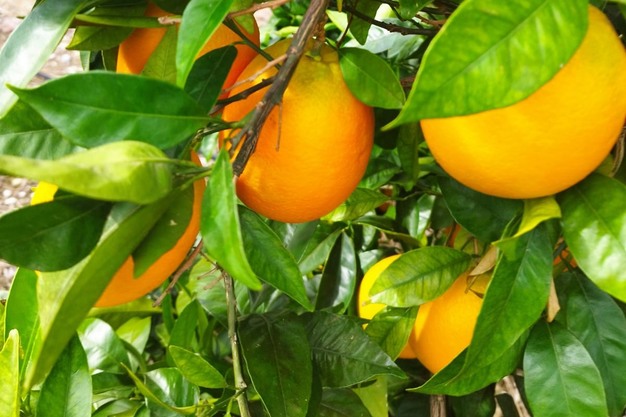
"The forecast is coming true, even if the farms that have been able to irrigate had more kilos than expected. The Navelina season isn't over. There are still fruits in the field to continue the harvest and, so far, we've managed to ensure that sales in kilos don't fall below the sales achieved in other years," stated Sebastian Lahoz, manager of the production and marketing company based in Lora del Rio.
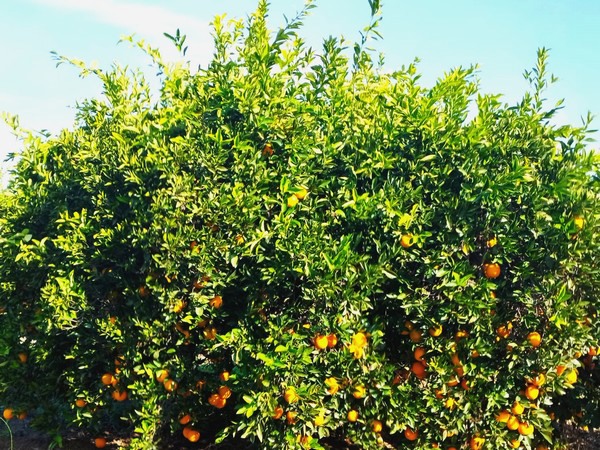
Until mid-January, La Junta reported that prices in the field were 29% higher than by the same date last year - when they were already high - and that prices at the exit of the warehouses were 23.2% higher. However, as Sebastián points out, it is becoming clear that the season “has slowed down."
“After Christmas, In January there's always less demand in general. However, this slowdown has also coincided with the fact that Egyptian oranges started to enter the European market at low prices. When people hear there will be fewer products, some parties want to avoid this issue by purchasing from other origins. Up until now, we had a market where there were fewer stocks from South Africa and sales were smooth, but now the market is being flooded with cheap oranges from Egypt."
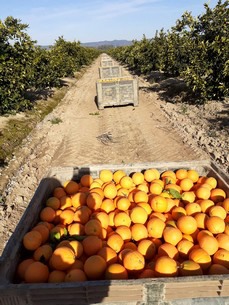 "For the moment, the price of orange in export markets has decreased and purchases in this second part of the campaign have slowed down. We've noticed it in the work pace at our warehouse," Sebastian Lahoz stated. "The sales expectations that we've had have changed because the purchase capacity has changed."
"For the moment, the price of orange in export markets has decreased and purchases in this second part of the campaign have slowed down. We've noticed it in the work pace at our warehouse," Sebastian Lahoz stated. "The sales expectations that we've had have changed because the purchase capacity has changed."
"Spanish oranges stand out for their flavor and quality. As a result, many markets prefer Spanish oranges and are willing to pay more for them. However, they're not willing to pay much more because the family economy is weakened, and consumption, when prices are so high, goes down."
In this context and with field prices that have started to be quite high for Seville fruits, it seems that the oranges will have to stay on the trees longer than expected, "even though the temperatures we've have (which yesterday rose to 26.5 degrees in the afternoon) are not the most ideal for the ripe fruit to last,” he said.
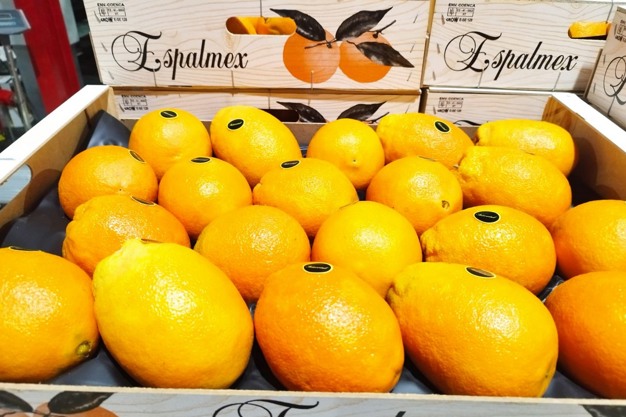
Espalmex exports its oranges, which are grown on the banks of the Guadalquivir, to Central Europe, the United Kingdom, and -outside the EU- to destinations such as Canada, the United Arab Emirates, Brazil, and Panama. “A large part of our fruit goes to Germany where supermarkets prefer Spanish oranges. Each of them sells them under their own brand and format, which we create for them,” he stated.
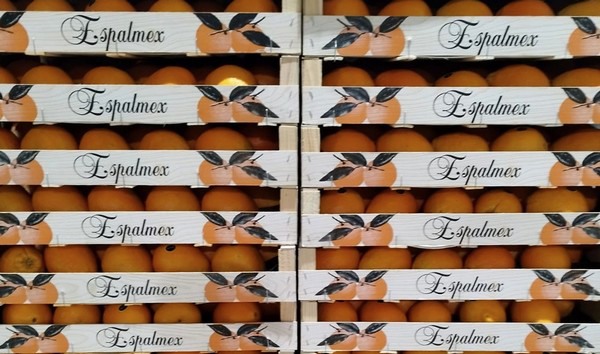
For more information:
Espalmex, S.L.

Ctra. A-456 Lora del Río – La Campana, km 18
41440 Lora del Río, Sevilla (Espagne)
Tél. : +34 955 801 381
info@espalmex.com
www.espalmex.com
